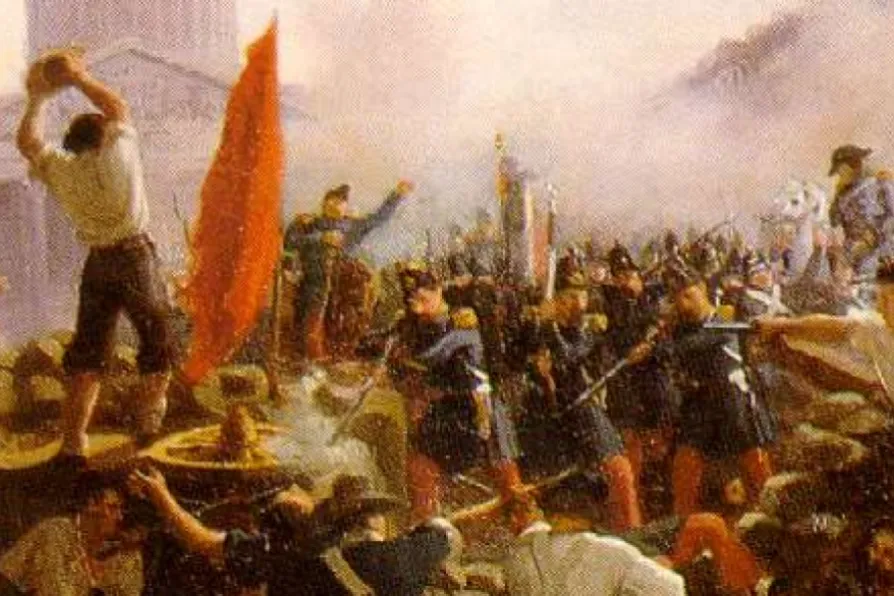As Colombia approaches presidential elections next year, the US decision to decertify the country in the war on drugs plays into the hands of its allies on the political right, writes NICK MacWILLIAM

 The 1848 revolution in France
The 1848 revolution in France
IT IS 170 years since the French people overthrew King Louis Philippe and started a chain of events that led to 1848 being known as the “year of revolutions.”
One country that did not have a revolution was Britain and we should expect that point to be echoed again during 2018 by such media as bother to pay attention to history.
The general drift is that the British are sensible, moderate people not given to sudden outbursts that remove rulers and overthrow governments.

In 1981, towering figure for the British left Tony Benn came a whisker away from victory, laying the way for a wave of left-wing Labour Party members, MPs and activism — all traces of which are now almost entirely purged by Starmer, writes KEITH FLETT

Who you ask and how you ask matter, as does why you are asking — the history of opinion polls shows they are as much about creating opinions as they are about recording them, writes socialist historian KEITH FLETT

KEITH FLETT revisits debates about the name and structure of proposed working-class parties in the past

The summer saw the co-founders of modern communism travelling from Ramsgate to Neuenahr to Scotland in search of good weather, good health and good newspapers in the reading rooms, writes KEITH FLETT













